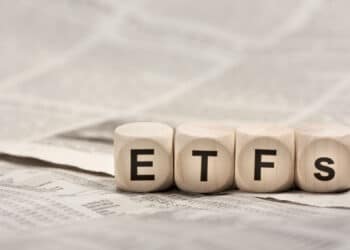Perpetual has upgraded its profit forecast for the half year beyond that indicated at its annual general meeting in November last year.
The company notified the Australian Securities Exchange (ASX) today it expected underlying profit after tax to be $34.7 million, which was above the range of $26 million to $31 million indicated at the AGM.
The upgrading in the forecast follows on from Perpetual's announcement last week of a parting of the ways with its former chief executive, Chris Ryan, and his replacement with Geoff Lloyd.
The company said the $2.8 million improvement reflected the benefits of recent initiatives to reduce expenses, as well as a reduction in equity-based remuneration expense in relation to various performance-based hurdles.
The Perpetual announcement said the company's first-half 2012 net profit after tax was expected to be $22.9 million, with the decline relative to previous periods being due to a $10.2 million after-tax expense relating to the closure of the group's global equities manufacturing capability in Dublin, and the restructuring of its retail distribution and marketing functions.
It said the result had also been impacted by a $2.2 million after-tax loss in relation to market-linked investments, and the foreshadowed lower rate of recovery of prior-period losses from the Exact Market Cash Fund.





